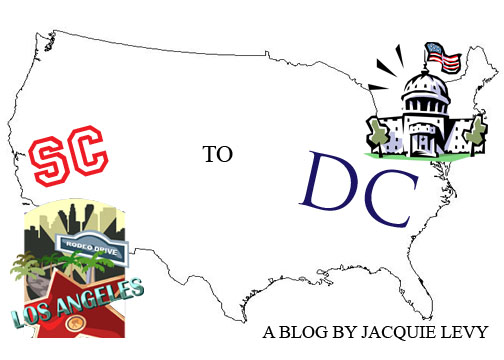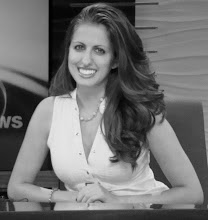This morning I went to the first session of one of my Political Management classes: Electoral and Legislative Processes. The bad news is that it is more or less the exact same thing as a class I have already taken at USC. The good news is that since I already have extensive notes from the class I took at USC, I can focus all my energy on being the annoyingly over-eager, know-it-all student in that class that answers every question and makes the other students feel bad. On a more serious note though, the good news is that while it's the same material, it will naturally be a slightly different class simply because the group of students I am taking it with and the professor who is teaching it are all very different and bring new viewpoints and opinions to the discussions (some of them less-informed than others).
One thing that my professor said today that really resonated in my mind after the class was a thought on the increasing polarity and division of the political parties. I had answered one of my professor's questions about the makeup of voters with the response that a traditional breakdown of likely voters falls into the 40/40/20 rule where 40% of the people will always vote one way, 40% will always vote the other way, and 20% being the undecided swing voters where elections are either won or lost (thank you Dan Schnur for all the election wisdom you have bestowed upon me).
My professor was impressed but then made the comment that recently we have seen the undecided gap slimming down to a margin closer to 10% as more and more people become tied to one or the other ideological/party affiliation. I'm sure this point could also be argued to say that the margin has actually gotten bigger as more and more people have become increasingly disenfranchised with the polarity of the political process on the whole, and have chosen to remain independent. But in any case, the one thing that really struck a chord with me was when my professor said, "We have gone from thinking those who do not agree with us are wrong to those who do not agree with us are evil." And this ladies and gentlemen is what I propose you ponder for the day...
Why is it that we as a nation are unable to look at another individual and not see past their declared ideological positions or party registration and hear them out for the informed opinions that they have? Why can't we learn to respect one another for having different viewpoints? Wasn't diversity what this country was founded on? Ponder on my friends.
Subscribe to:
Post Comments (Atom)


How are you going to concentrate with all those cute beast coast boys?
ReplyDeleteTrue, but in many other countries this has been the case for decades. There is very little crossover between parties, and elections can be violent events. Of course, I do understand that this does not make it right. Just stating a fact that we seem terminally stuck in this pattern doomed to repeat the failures of older nations.
ReplyDeleteIt is because the other party IS always wrong. That is the one thing you will learn in DC. Bipartisanship is just a facade they like to pretend they play. BTW, do you like any of your Professors? I used to love the fact that they would just stroll in from the World Bank, or State, or the White House just to teach a class and then go back to work!
ReplyDelete